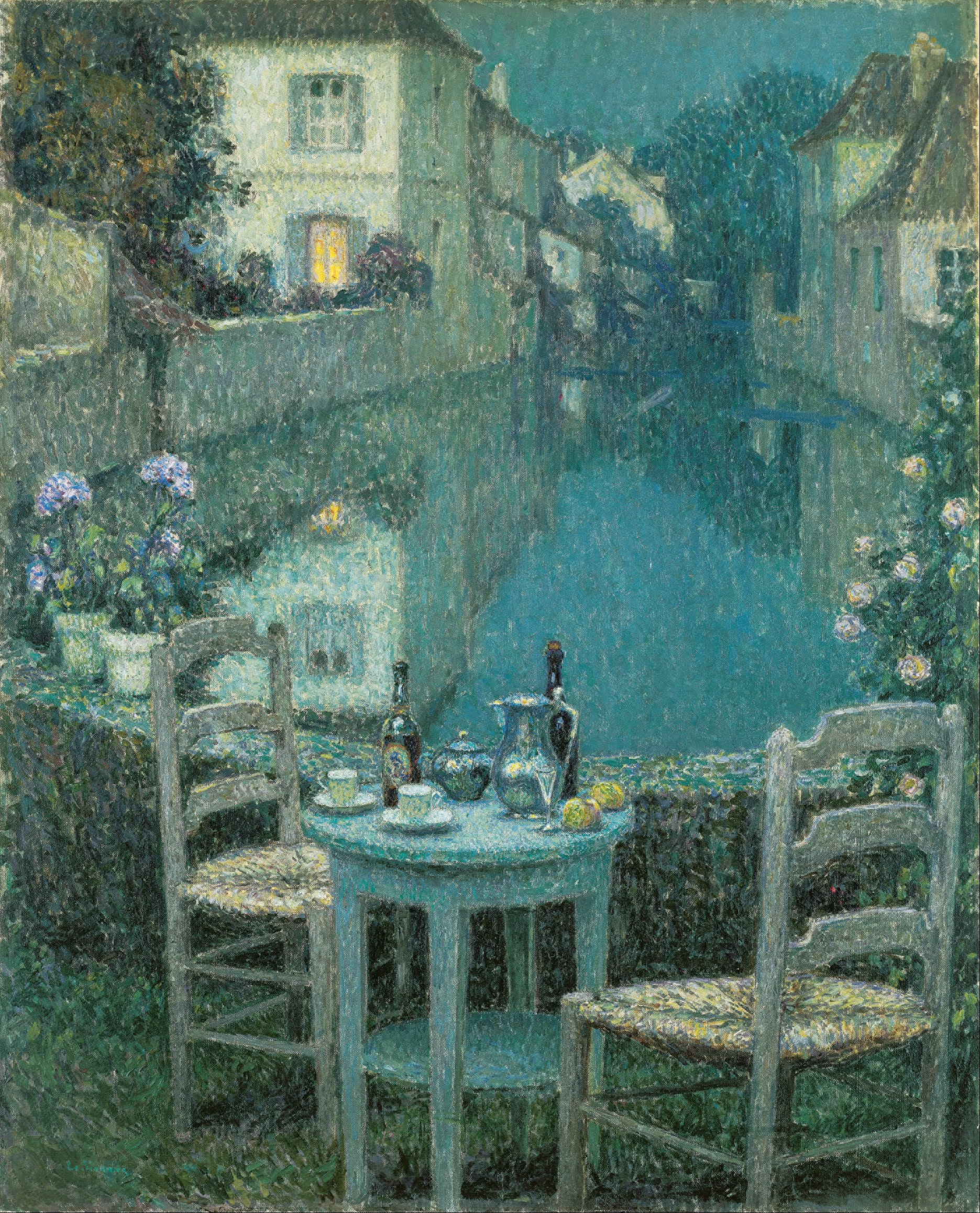Paul Decauville (1846-1922), industrialist and politician, who invented a
narrow-gauge railway that could be demounted and transported. (Sturrock)
p 248 | Rosemonde:
a slip of the pen for Albertine. (Sturrock)
“ascenseur”…“accenseur”:
In French, the difference in sound is between “assenseur” and “acksenseur.”
Ascenseur means “elevator” or “lift.” (Sturrock)
the
recidivism… single negative: Proust’s lift boy omits the normal ne in front of
the verb used negatively. Bélise is a character in Les Femmes savantes,
in which Molière makes fun of grammatical pedantry.
(Sturrock)
p 272 | Legend has
the poetess Sappho throwing herself into the sea off Lesbos as a result of her
unrequited love for a boatman. (Sturrock)
p 278 | Henri le Sidaner (1862-1939), a minor Impressionist, best known for his cityscapes of
Bruges and Venice. (Sturrock)
p 287 | “M. Degas
assures us…: Degas had much to do with the revival of Poussin’s reputation
during the 1890s. (Sturrock)
p 289 | “Their
giant’s wings…”: a line from a celebrated sonnet in which Baudelaire describes the ungainliness of an albatross when it is on the ground, using the bird as a
symbol for the Poet. In French, “Leurs ailes de géant les empêchent de
marcher.” (Sturrock)
The
Congrégations were religious bodies that ran many schools (and some hospitals)
in France; they were dissolved in 1904. “Wars in the East” refers to the
1904-05 war between Russia & Japan; the Japanese victory created European
fears that the “yellow” races might prove too strong for the white. (Sturrock)
p 288, 290-91: Tetralogy:
the four operas of Wagner’s Ring cycle. (Sturrock)
 p 291 | Jules Massenet (1842-1912), a composer best known for operas, especially Manon
and Don Quixote. (Sturrock)
p 291 | Jules Massenet (1842-1912), a composer best known for operas, especially Manon
and Don Quixote. (Sturrock) 
